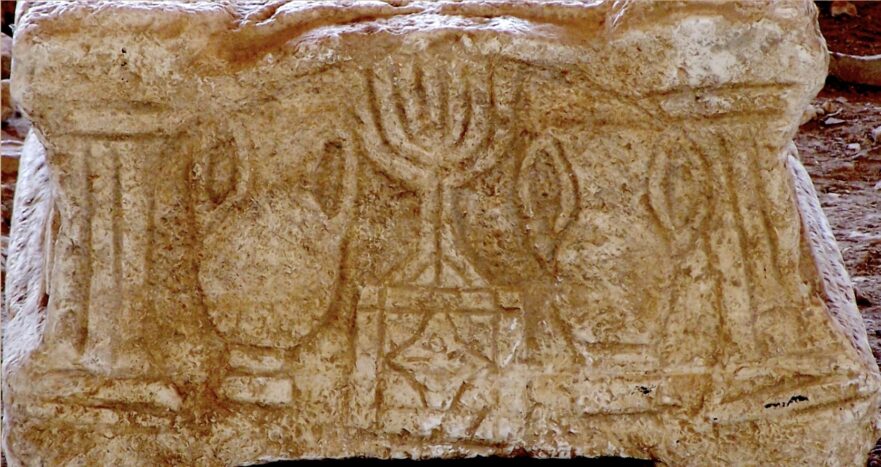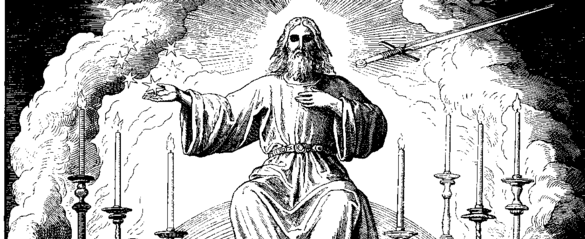To honor David on this special occasion several authors of Jewish and Christian backgrounds contributed articles to JP.
The Sin Against the Spirit: Matt. 12:31-32; Mark 3:28-29; Luke 12:10
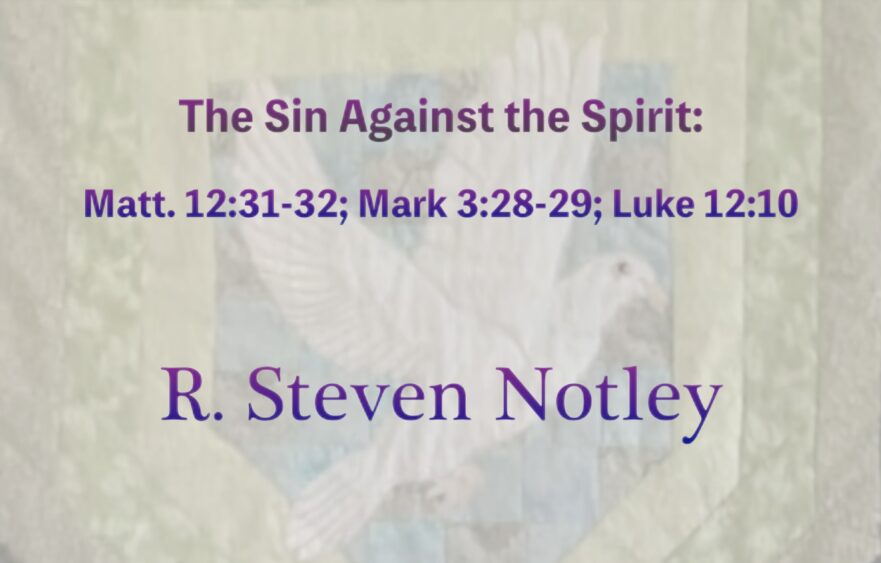
Jesus’ saying about the sin against the Holy Spirit belongs to developing Jewish ideas regarding the gradation of sin and punishment. It also reflects his high self-awareness.
Parables on the Character of God

Jerusalem Perspective is excited to announce that in the coming months Dr. R. Steven Notley will be sharing a series of blogs on Jesus’ parables with our readers. In anticipation of these blogs, and as a preview of what we might expect from Dr. Notley, we are sharing two sermons on the parables that Dr. Notley delivered to the Narkis Street Congregation in Jerusalem. Enjoy!
Matthew 1:1-25: In the Year of Jubilee?
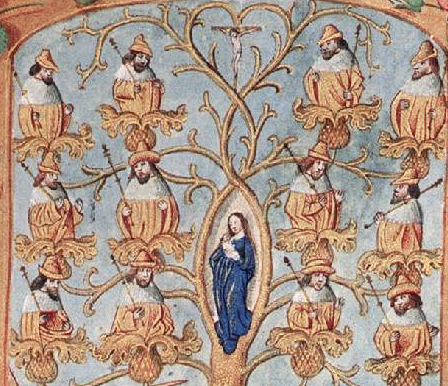
The genealogies of Matthew and Luke reflect diverging Jewish opinions about the time for the advent of the redeemer.
Matthew 2:1-23: A Nazorean Shall Be Called

Where in the Hebrew Scriptures is it expected that the Redeemer will be called a Nazarene or come from Nazareth?
Notley Lecture: “Between the Chairs: New Testament Evidence for the Hebrew Jesus Spoke”
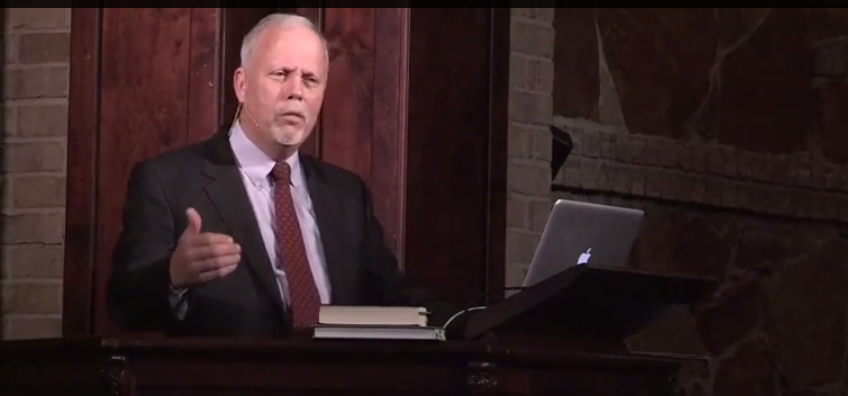
Dr. R. Steven Notley is a contributor to Jerusalem Perspective and member of the Jerusalem School of Synoptic Research. He is Professor of New Testament and Christian Origins at Nyack College in New York. In this lecture Dr. Notley discusses examples of how the Hebrew language influenced the Greek text of the canonical Gospels.
The Pope, the Prime Minister, and the Jerusalem School

During his recent tour of the Holy Land, Pope Francis shared his views on the language of Jesus with Israeli Prime Minister, Benjamin Netanyahu. Jerusalem School scholars weigh in on the debate.
On “Blood” in the Apostolic Decree (Acts 15:19-20)

Flusser and Safrai’s premise is that “blood” in this passage does not refer to the consumption of blood but rather to murder. They conclude that the apostolic decision prohibiting eating meat sacrificed to idols, fornication, and blood is equal to the rabbinic decree that under penalty of death a Jew may violate any of the commandments of the Torah with the exception of idolatry, adultery and murder.
Landmark New Work by Professor David Flusser Explores Jesus’ Jewishness

In March 1995, Professor David Flusser shared with me his intent to re-publish the 1968 English translation of his biography of Jesus. Serious problems had occurred in the English translation of the book, which in German had sold almost 100,000 copies.
Divorce and Remarriage in Historical Perspective
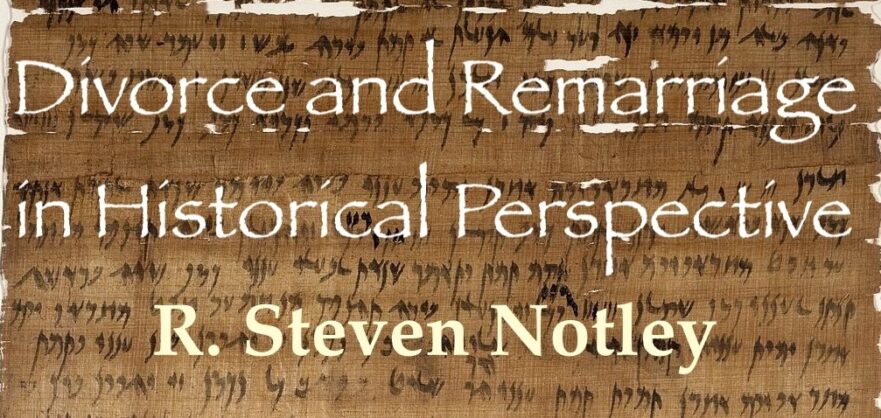
This study is dedicated to those who have suffered the agony of divorce. Tragically their pain has been compounded by well-meaning Christians who have distorted both the letter and the spirit of Jesus’ teaching concerning divorce and remarriage. For them, may this article bring a measure of healing.
John’s Baptism of Repentance
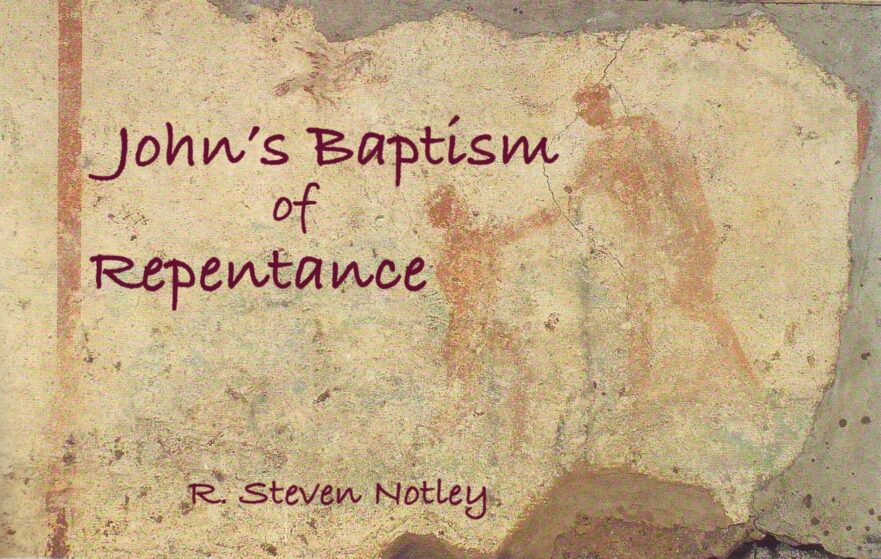
All of the Gospels open with a description of John the Baptist’s proclamation of a “baptism of repentance for the forgiveness of sins” (Mark 1:4). In this brief study we want to consider both the form of John’s baptism and his distinctive call to accompanying repentance.
Jesus and the Essene Passover

Fifty years of scholarship concerning the Dead Sea Scrolls have brought clearer understanding concerning a fascinating stream of Jewish piety which existed during the final days of the Second Temple.
Let the One Who Has Ears to Hear, “Hear!”
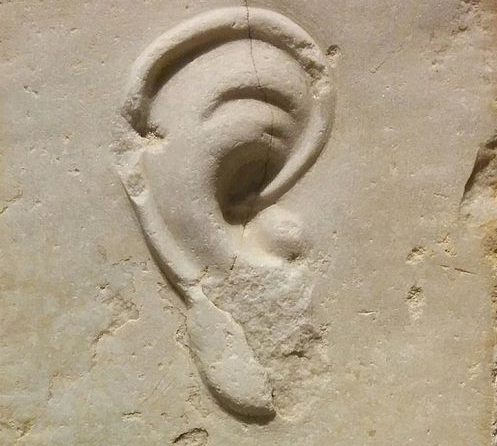
Gospel parables are probably the most widely identifiable teaching form of Jesus. However, readers seldom recognize Jesus’ sophisticated skill as a first-century Jewish parabolist. Indeed, many Christians are unaware that his use of story parables is one of the strongest links between Jesus and contemporary Jewish piety. His parables also demonstrate that Jesus taught in Hebrew.
If Your Eye Be Single

Couched within Jesus’ teaching is an idiom which is difficult to translate, “If your eye is single, your whole body is full of light” (Matt. 6:22). The Hebraic expression, “good eye” to denote generosity is well known in the Bible (Deut. 15:9; Prov. 22:9; 23:6; 28:22; Eccl. 14:10) and the writings of Israel’s Sages (m. Avot 5:15). Nevertheless, in Matthew 6, where you would expect to find the idiom, “good eye,” the adjective used in our saying is not καλός (kalos, good, pleasant) but ἁπλοῦς (haplous, single, simple).
Can Gentiles Be Saved?
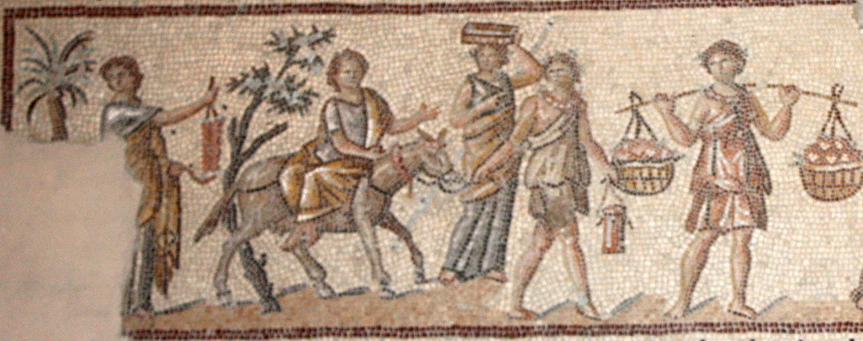
Jesus’ broadminded approach resonates with contemporary sages who belonged to the School of Hillel. In their opinion, it is better to leave God-fearing Gentiles in their blessed state with only the necessity of the moral laws given to Noah.
Jesus’ Command to “Hate”

If any one comes to me and does not hate his own father and mother and wife and children and brothers and sisters, yes, and even his own life, he cannot be my disciple. (Lk. 14:26, RSV)

